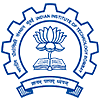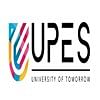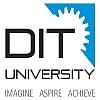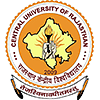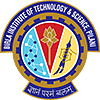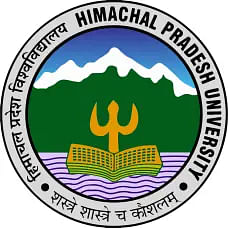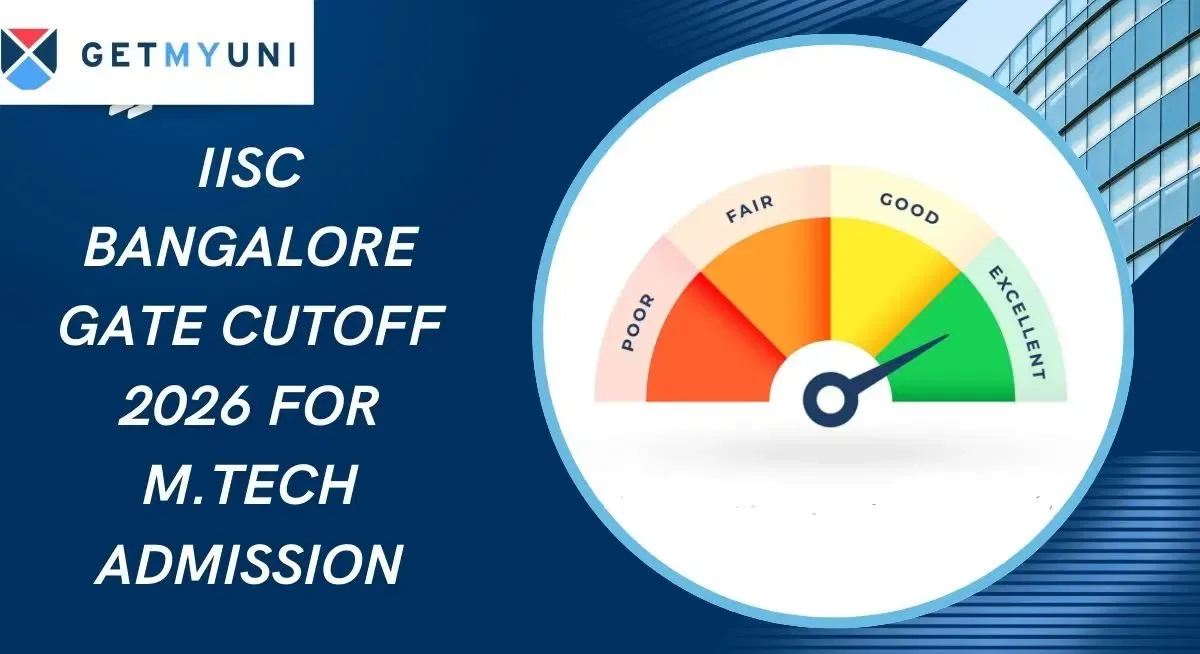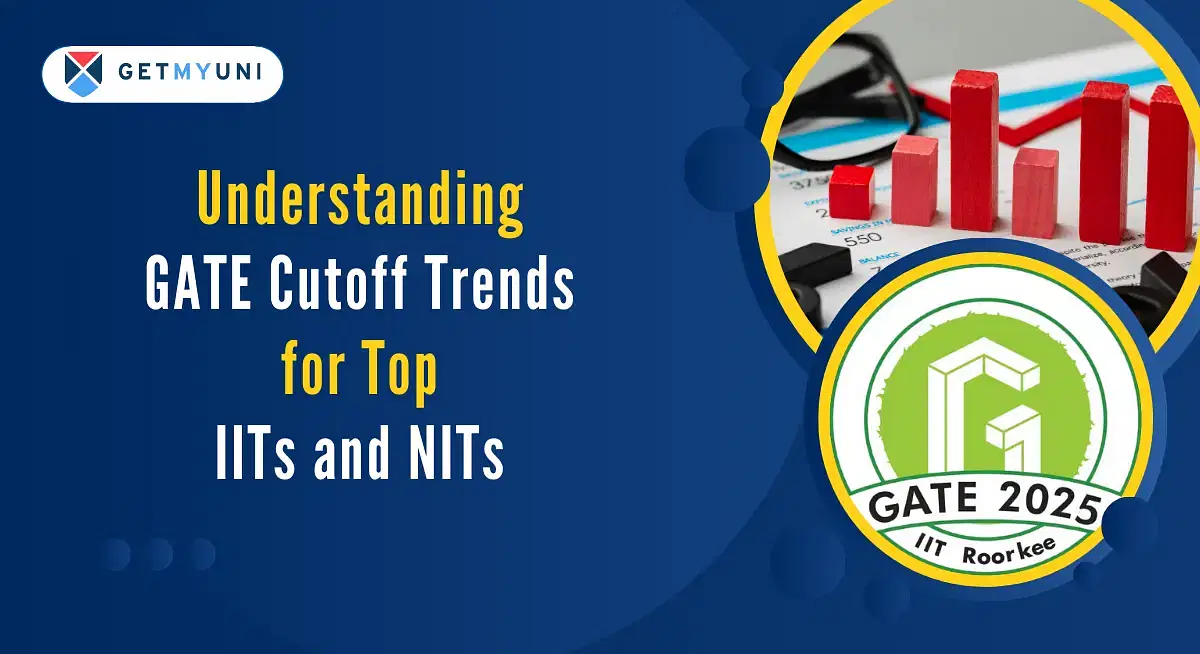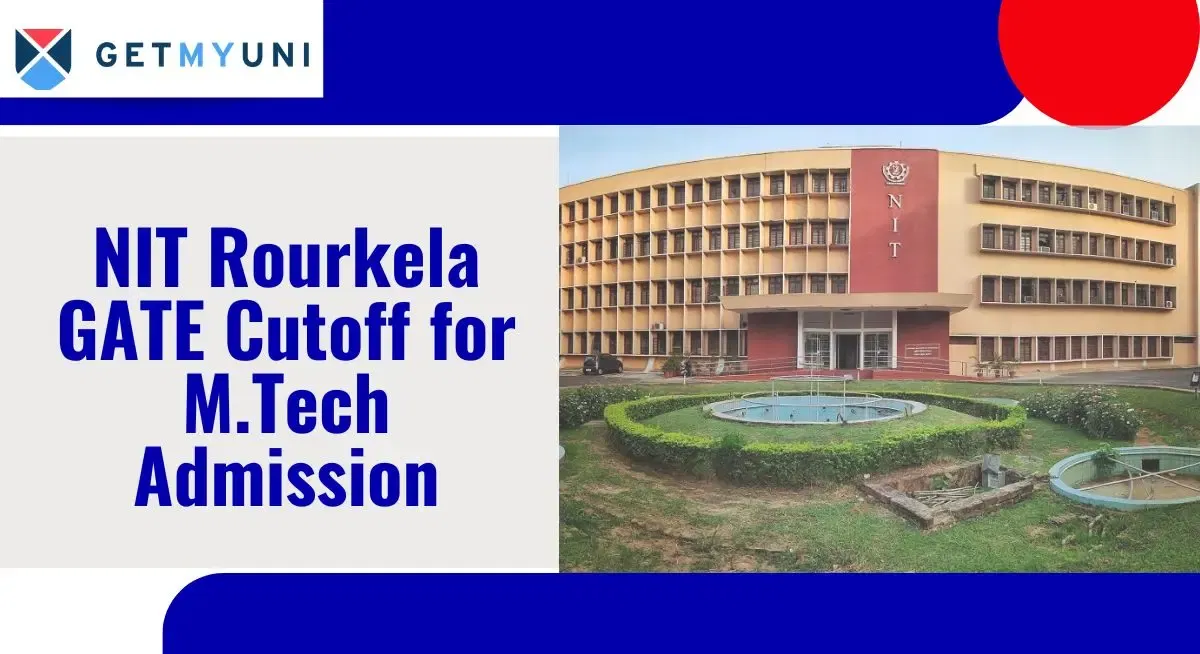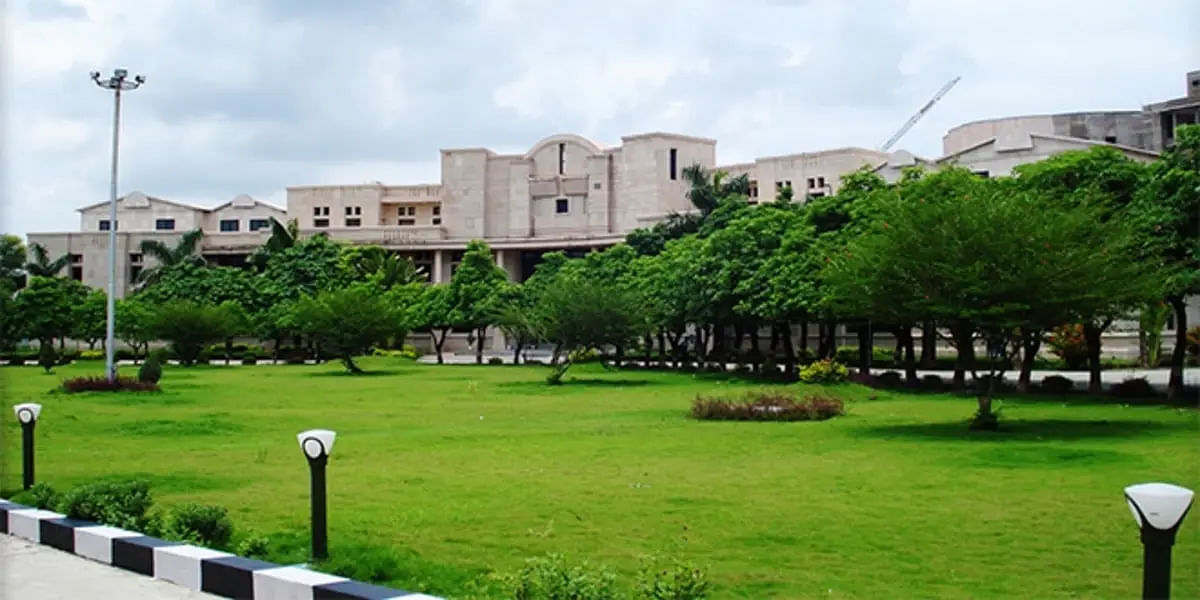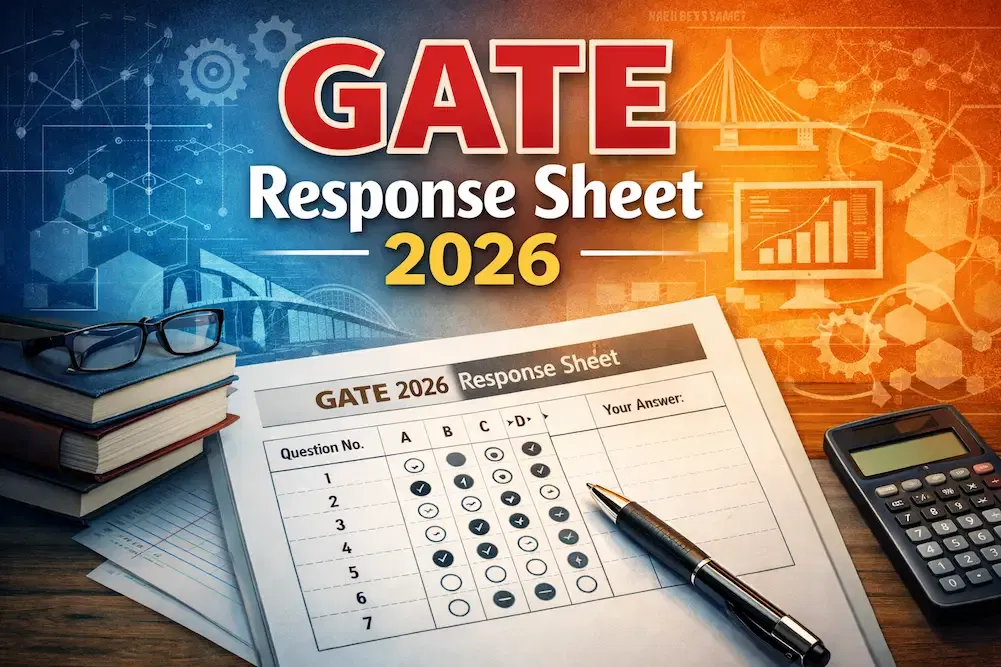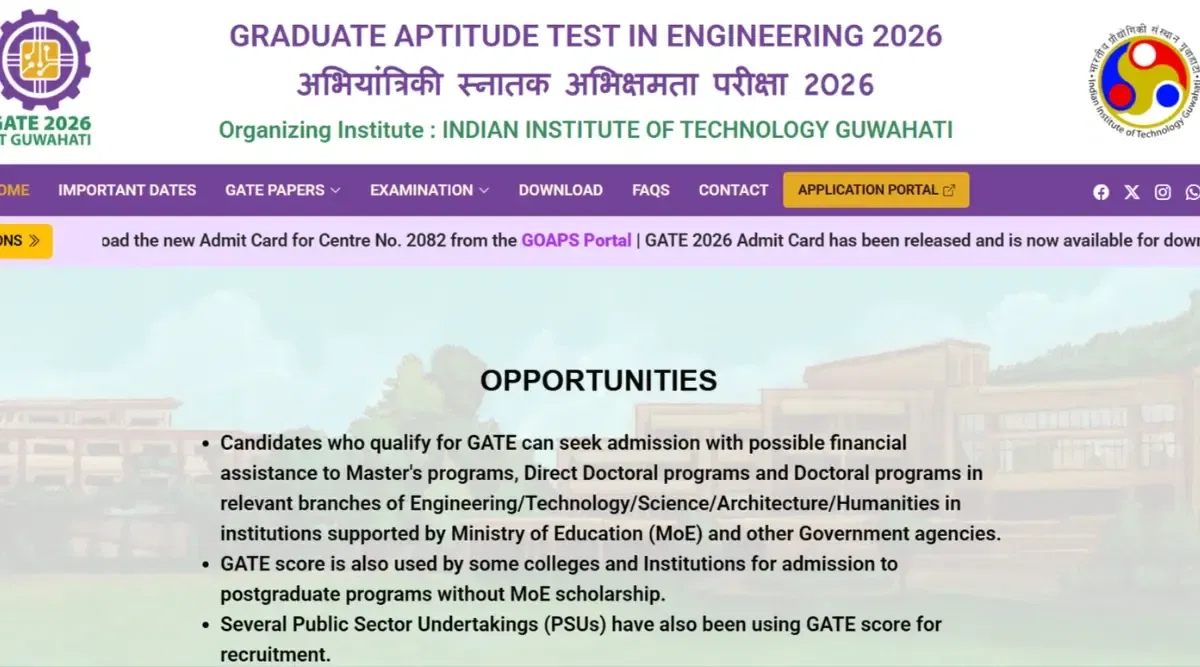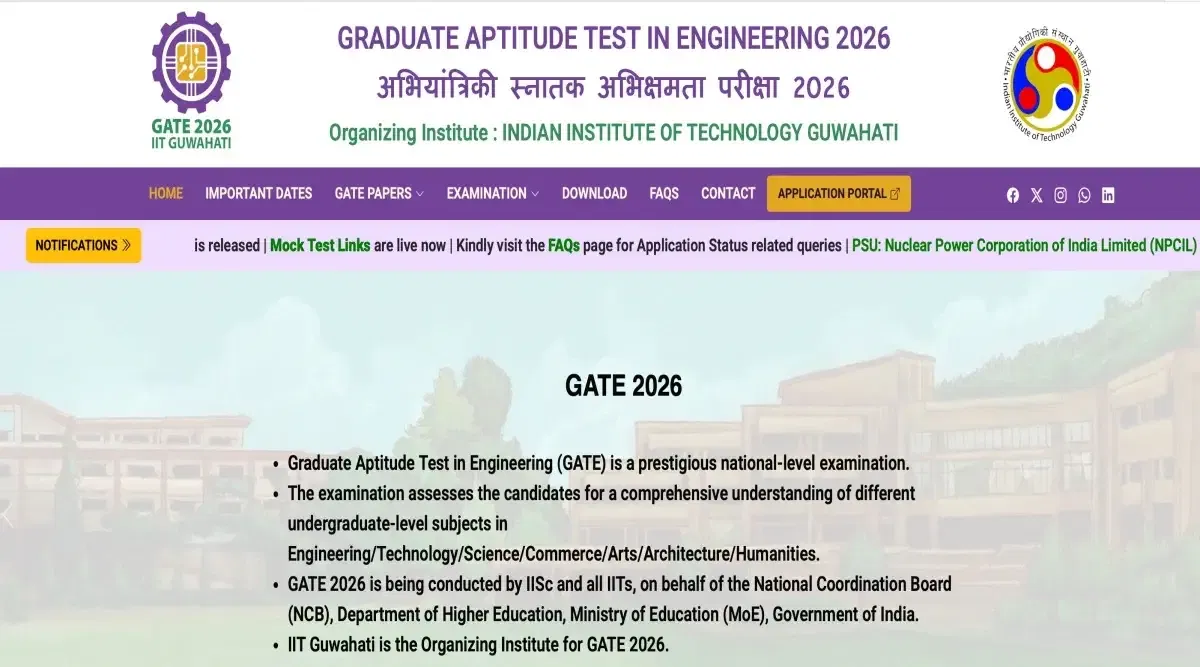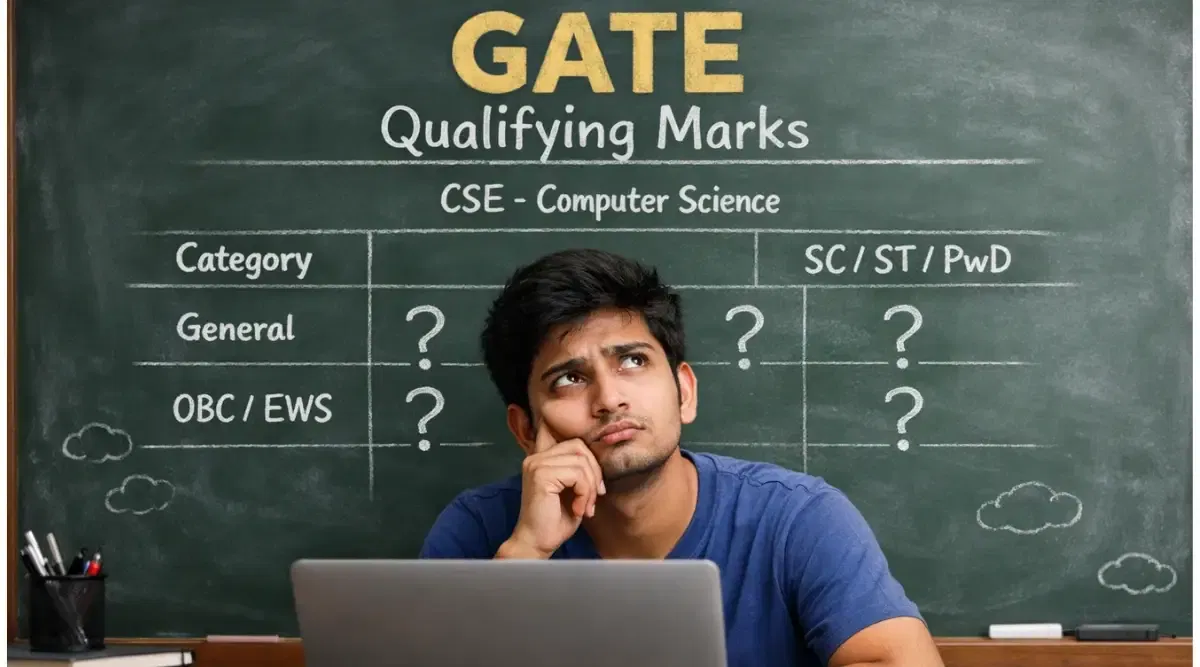
Table of Contents
GATE EE Syllabus has been released on the official website by IIT Guwahati. The GATE EE syllabus includes topics from Engineering Mathematics and the basics of Electrical Engineering from the undergraduate level of the respective program. Engineering Mathematics topics such as calculus, linear algebra, and numerical methods, and Electrical Engineering, control systems, electric circuits, and electrical machines are important topics for the GATE exam.
The GATE entrance examination will be conducted by IIT Guwahati for you if you want to pursue their post-graduation in an engineering course or get recruited by Public Sector Undertakings (PSUs).
GATE EE Syllabus 2026 PDF Download
IIT Guwahati will release the official GATE EE Syllabus 2026 PDF on the official website of GATE 2026. You can download the syllabus from the official website or from the link given below:
| Particulars | Link |
| GATE Electrical Engineering Syllabus 2026 | To be updated |
| GATE Electrical Engineering Syllabus 2025 | Download Here |
GATE EE Syllabus 2026
The GATE EE Syllabus 2026 is divided into two sections: Engineering mathematics which is the common subject, and Electrical engineering. The GATE electrical syllabus is as follows:
Section 1: Engineering Mathematics
The following are the chapters and relevant topics for Engineering Mathematics:
Calculus
- Directional derivatives
- Evaluation of definite and improper integrals Fourier series
- Green’s theorem
- Gauss’s theorem
- Line integral
- Maxima and minima
- Mean value theorems
- Multiple integrals
- Partial Derivatives
- Stokes’s theorem
- Surface integral
- Theorems of integral calculus
- Vector identities
- Volume integral
Complex Variables
- Analytic functions
- Cauchy’s integral formula
- Cauchy’s integral theorem
- Laurent series
- Residue theorem
- Solution integrals
- Taylor series
Differential Equations
- Cauchy’s equation
- Euler’s equation
- Higher-order linear differential equations with constant coefficients
- First-order equations (linear and nonlinear) Initial and boundary value problems
- Method of variation of parameters
- Method of separation of variables.
- Partial Differential Equations
Linear Algebra
- Eigenvalues
- Eigenvectors
- Matrix Algebra
- Systems of linear equations
Numerical Methods
- Single and Multi‐step methods for differential equations
- Solutions of nonlinear algebraic equations
Probability and Statistics
- Binomial distribution
- Conditional probability
- Correlation analysis
- Discrete and Continuous distributions
- Mean, Median, Mode
- Normal distribution
- Poisson distribution
- Random variables
- Regression analysis
- Sampling theorems
- Standard Deviation
Transform Theory
- Fourier Transform
- z‐Transform
- Laplace Transform
Section 2: Electrical Engineering
The following are the chapters and relevant topics for the GATE Electrical syllabus:
Analog and Digital Electronics
- 8085Microprocessor: Architecture, Programming, and Interfacing
- A/D and D/A converters
- Amplifiers: Biasing, Equivalent circuit, and Frequency response
- BJT
- Characteristics of diodes
- Combinational and Sequential Logic Circuits MOSFET
- Multiplexer and Demultiplexer
- Oscillators and Feedback Amplifier Operational amplifiers: Characteristics and applications
- Schmitt trigger
- Sample and hold circuits
- Simple active filters
- Simple diode circuits: clipping, clamping, rectifiers
- VCOs and Timers
Control Systems
- Block diagrams and signal flow graphs
- Bode plots
- Feedback principle
- Lag
- Lead and Lead‐Lag compensators
- Mathematical modelling and representation of systems
- P, PI, and PID controllers
- Root loci
- Routh-Hurwitz and Nyquist criteria
- Stability analysis
- State-space model
- State transition matrix
- Transfer function
- Transient and Steady‐state analysis of linear time-invariant systems
Electrical and Electronic Measurements
- Bridges and Potentiometers
- Digital voltmeters and multimeters
- Instrument transformers
- Measurement of voltage, current, power, energy and power factor
- Oscilloscopes, Error analysis
- Phase, Time and Frequency measurement
Electric Circuits
- Ideal current and voltage sources
- KCL, KVL, Node, and Mesh analysis
- Maximum power transfer theorem
- Network graph
- Norton’s theorem
- Passive filters
- Power and power factor in AC circuits
- Resonance
- Sinusoidal steady‐state analysis
- Superposition theorem
- Thevenin’s theorem
- Three-phase circuits
- Transient response of DC and AC networks Two‐port networks
Electrical Machines
- Auto‐transformer, Electromechanical energy conversion principles
- DC machines: separately excited, series and shunt, motoring and generating mode of operation and their characteristics, starting and speed control of dc motors
- Operating principle of single-phase induction motors
- Single-phase transformer: equivalent circuit, phasor diagram, open circuit, and short circuit tests, regulation and efficiency
- Synchronous machines: cylindrical and salient pole machines, performance, regulation and parallel operation of generators, starting of synchronous motor, characteristics
- Three-phase induction motors: the principle of operation, types, performance, torque-speed characteristics, no-load and blocked rotor tests, equivalent circuit, starting and speed control
- Three-phase transformers: connections, parallel operation
- Types of losses and efficiency calculations of electric machines.
Electromagnetic Fields
- Ampere’s law
- Biot‐Savart’s law
- Coulomb's Law
- Curl
- Divergence
- Effect of the dielectric medium
- Electric Field Intensity
- Electric field and potential due to point, line, plane, and spherical charge distributions
- Electric Flux Density
- Faraday’s law
- Gauss's Law
- Inductance
- Lorentz force
- Magnetic circuits
- Magnetomotive force
- Reluctance
- The capacitance of simple configurations
- Self and Mutual inductance of simple configurations.
Power Electronics
- Bidirectional AC to DC voltage source converters
- Buck-Boost converters
- Single-phase and three-phase inverters, Characteristics of semiconductor power devices: Diode, Thyristor, Triac, GTO, MOSFET, IGBT
- Distortion factor of AC to DC converters
- DC to DC conversion: Buck, Boost, and Single and three-phase configuration of uncontrolled rectifiers
- Power factor
- Line commutated thyristor-based converters
- Issues of line current harmonics
- Sinusoidal pulse modulation.
Power Systems
- AC and DC transmission concepts
- Bus admittance matrix
- Circuit breakers
- Distribution systems
- Electric field distribution and insulators
- Equal area criterion
- GaussSeidel and Newton-Raphson load flow methods
- Models and performance of transmission lines and cables
- Per‐unit quantities
- Power factor correction
- Power generation concepts
- Voltage and Frequency control
- Series and shunt compensation
- Symmetrical and unsymmetrical fault analysis
- Principles of overcurrent, differential, and distance protection
- Symmetrical components
- System stability concepts
Signals and Systems
- Applications of Fourier Transform
- Fourier series representation of continuous periodic signals
- Laplace Transform and z-Transform
- Linear Time-Invariant and Causal Systems Representation of continuous and discrete‐time signals
- Sampling theorem
- Shifting and scaling operations
Read More: GATE 2026 Syllabus
GATE EE 2026 Exam Pattern
To learn more about the GATE EE, here is the GATE 2026 exam pattern. The table underneath will help you understand the mark division, details of the GATE EE paper, and related facts:
| Particulars | Details |
| Exam Mode | Online, Computer Based Test (CBT) |
| Duration | 3 hours |
| Total Questions | 65 |
| Total Marks | 100 |
| Types of Questions | Multiple Choice Questions |
| Numerical Answer Type (NAT) Questions | |
| Sections | General Aptitude |
| Engineering Mathematics | |
| Subject-based | |
| Negative Marking | Only for MCQs |
Read More: GATE 2026 Exam Pattern
GATE EE Previous Years Question Papers
The students can download the GATE Electrical Engineering previous year question papers to practice and get familiar with the question pattern and crack the exam of the first try.
| Year | Download Links |
| 2025 | Download PDF |
| 2024 | Download PDF |
| 2023 | Download PDF |
| 2022 | Download PDF |
| 2021 | Download PDF |
| 2020 | Download PDF |
| 2019 | Download PDF |
| 2018 | Download PDF |
| 2017 | Download PDF |
| 2016 | Download PDF |
GATE Books for EE
There are a variety of books available on the market for the GATE EE syllabus 2026. However, not all of them are approachable. Therefore, for your benifit, here is the list of the best GATE EE syllabus books:
| Topics | Name of the Books | Publisher/Authors |
| Power Systems |
Power System Engineering | I Nagrath, D Kothari |
| Electrical Power Systems | C. L. Wadhwa | |
| Electrical Machines | Electrical Machinery | P. S. Bimbhra |
| Control Systems | Control Systems Engineering | I.J.Nagrath, M. Gopal |
| Analog & Digital Electronics | Integrated Electronics: Analog And Digital Circuits And Systems | Christos C. Halkias, Chetan D. Parikh Jacob Millman |
| Digital Logic and Computer Design | M Morris Mano | |
| Electrical Circuits (Networks) | Circuit Theory: Analysis & Synthesis | Abhijit Chakrabarti |
| Fundamentals of Electric Circuits | Charles K. Alexander, Matthew N. O. Sadiku | |
| Power Electronics | Power Electronics | P.S.Bimbhra |
| Signals & Systems | Signals and Systems | Oppenheim Alan V, Willsky Alan S, Nawab S. Hamid |
| Electromagnetic Fields | Engineering Electromagnetics | William H Hayt, John A Buck |
| Measurements | A Course In Electrical And Electronic Measurements And Instrumentation | A K Sawhney |
| Engineering Mathematics | Higher Engineering Mathematics | B. S. Grewal |
| Aptitude | A Modern Approach to Verbal & Non-Verbal Reasoning | R.S. Aggarwal |
| Quantitative Aptitude For Competitive Examinations |
Read More: GATE 2026 Books
